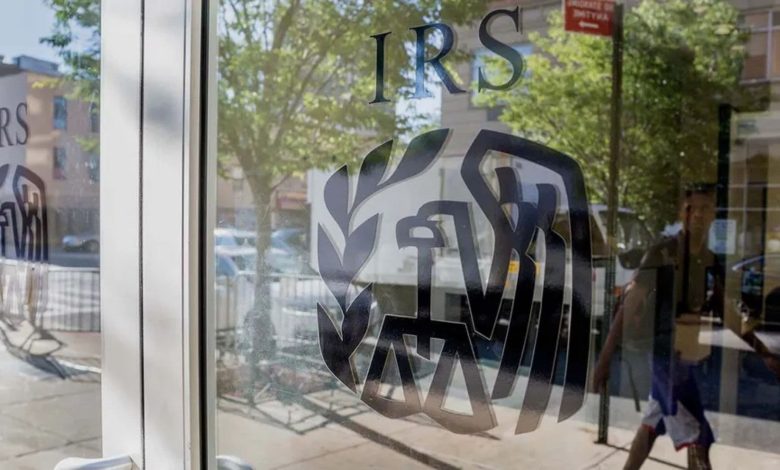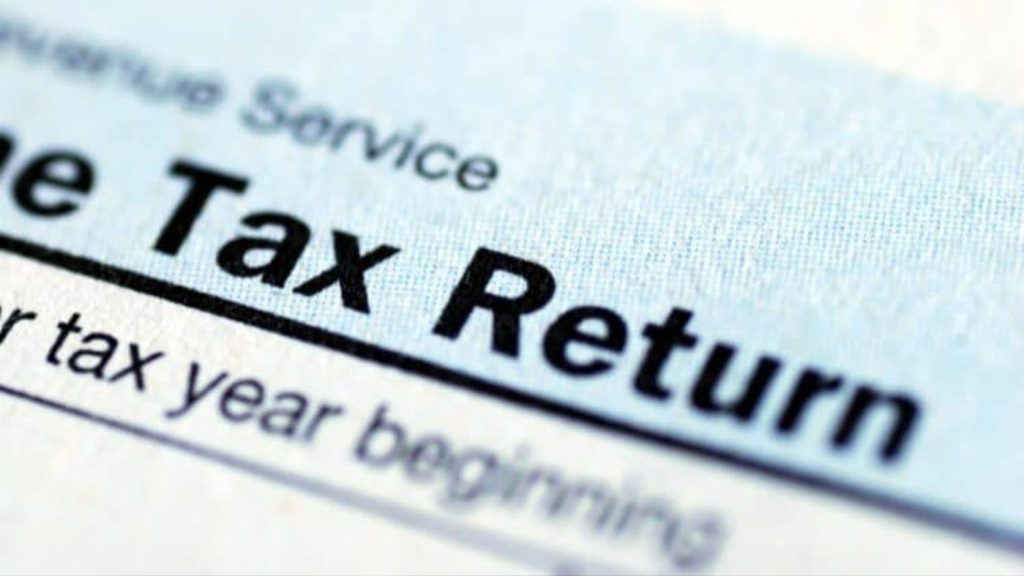
Chapter 7 bankruptcy offers a lifeline to many drowning in debt, but when it comes to tax debt, the question “Can IRS debt be discharged in Chapter 7?” doesn’t always have a straightforward answer. While Chapter 7 can eliminate certain income tax debts, the IRS and other tax authorities impose strict conditions for discharge. To successfully discharge IRS debt, the taxes must meet specific criteria, including the age of the tax debt, the type of taxes owed, timely filing of returns, and honesty in financial disclosures. Understanding these requirements can make a difference between financial relief and continued IRS collection efforts.
What Types Of IRS Debt Are Eligible For Discharge?
Only some tax debts qualify for discharge in Chapter 7 bankruptcy. Typically, income taxes can be discharged if:
- The tax return was due at least three years ago.
- The tax return was filed at least two years ago.
- The tax debt was assessed by the IRS at least 240 days before filing bankruptcy.
- The tax return was not fraudulent and does not involve tax evasion.
Other IRS debts such as payroll taxes, fraudulent tax filings, and recent tax liabilities generally cannot be wiped out through Chapter 7.
Key Timing Rules to Remember
One of the trickiest parts of discharging IRS debt in Chapter 7 relates to timing. If the taxes don’t meet the “three-year rule” for the tax return due date, or the “two-year rule” for filing, then the IRS debt is not dischargeable. Similarly, if the IRS assessed the tax debt less than 240 days before you file for bankruptcy, the debt remains intact. These timing rules are strict and require careful review of your tax records.

What Happens If IRS Debt Isn’t Discharged?
If your IRS debt doesn’t qualify for discharge, you still have options. The IRS offers installment agreements, temporary hardship programs, and offers in compromise. Filing Chapter 7 might provide relief from other debts, freeing your finances and allowing you to manage IRS debt more effectively.
How To Approach Bankruptcy With IRS Debt?
Because IRS debts have complex rules for discharge, it’s important to consult with a bankruptcy attorney or tax professional. They can help you:
- Review the nature and age of your tax debts.
- Verify filing and assessment dates.
- Explore whether Chapter 7 is appropriate or if Chapter 13 (which offers different tax debt repayment options) is better.
- Negotiate with the IRS for payment plans post-bankruptcy.
Frequently Asked Questions
Can I discharge all my IRS debt with Chapter 7 bankruptcy?
No, only certain income tax debts that meet strict criteria can be discharged.
What types of tax debts cannot be discharged in Chapter 7?
Recent tax debts, payroll taxes, fraudulent tax filings, and penalties usually cannot be wiped out.
How long must IRS tax debt be overdue to be discharged?
Generally, tax returns must have been due over three years ago, filed at least two years ago, and assessed over 240 days before filing bankruptcy.
Is it better to file Chapter 7 or Chapter 13 for IRS tax debt?
Chapter 13 may be better for repaying nondischargeable taxes through a repayment plan; consult a professional to decide.